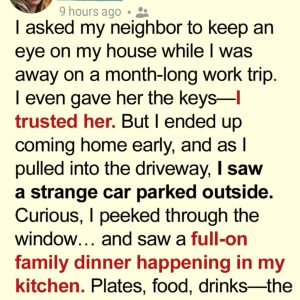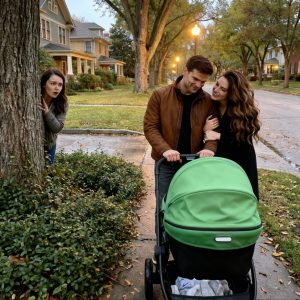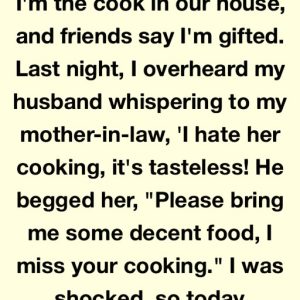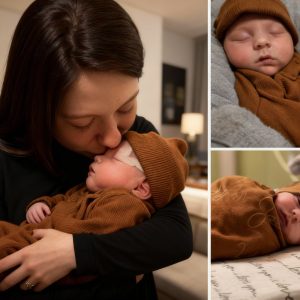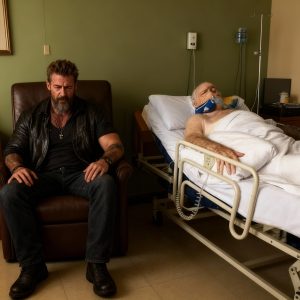I hadn’t spoken to my parents properly in years.
When they told me I was being written out of the will because I chose not to have children, they didn’t even sound angry—just practical.
“Your brother has kids,” Mom said. “He needs it more.”
I nodded, swallowed the hurt, and quietly stepped out of their lives.
Years passed.
Then the calls started.
Dad had suffered a stroke. Mom was sick, declining fast. My brother was “overwhelmed” with two kids and work and couldn’t help much. They needed *me*.
I almost said no. Almost.
But I showed up anyway.
I organized medications, drove them to appointments, cooked meals, cleaned the house. I slept on their couch for weeks. I didn’t bring up the inheritance. I didn’t bring up the past. I just cared for them.
One evening, while I was sorting Dad’s pills, he reached for my hand. His grip was weak, but his eyes were clear.
“You know,” he said slowly, “we were wrong.”
I froze.
“You were always there. Even when we weren’t.” His voice cracked. “We mistook legacy for love.”
He asked me to open the drawer in his nightstand. Inside was a sealed envelope with my name on it.
“We changed the will six months ago,” he said. “Quietly. Everything is split equally now. But more than that…” He squeezed my hand. “I’m sorry.”
I cried for the first time in years—not because of the money, but because I finally mattered again.
When Dad passed a year later and Mom followed not long after, my brother looked stunned when the lawyer read the will. He didn’t argue. He couldn’t.
I used part of my inheritance to set up a small care fund—for myself. For the life I’d built. For the freedom I’d chosen.
And as I walked out of the office that day, I realized something simple and powerful:
I was never “less” for being child-free.
I was just the one who showed up when it counted.

